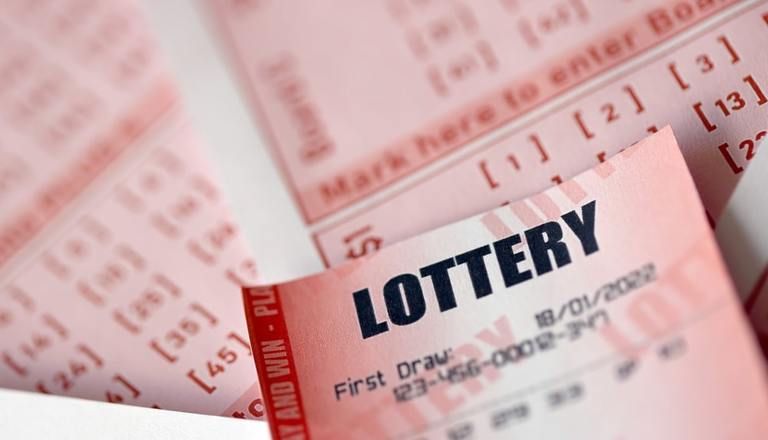
We look at the purpose of the lottery
When it comes right down to it, do lotteries really have any truly meaningful purpose within our society? Like, what is the points of the lottery anyway? A way to support charities or a way to quietly collect more tax from the public? Is it a ripoff or does it do any good? Does it provide any type of actual entertainment or is it designed to prey on the lower income population? Let’s take a look.
What's the lottery for?
One of the primary purposes of lotteries in North America is to generate revenue for governments, charities that deal with issues such as homelessness, poverty, and hunger, and other organizations such as education, healthcare, and community infrastructure development. Many lotteries, especially in Europe, are designed to support specific causes, such as sports, arts, and culture. For example, the UK National Lottery has donated over £40 billion to good causes since its inception in 1994. The funds are distributed among various organizations, including the Olympic Committee, the Arts Council, and the Heritage Lottery Fund. Lotteries can also contribute to economic development by creating jobs, stimulating local communities and economies, and financing large-scale projects.
Let's not forget the most major purpose of lotteries: providing entertainment. Outside of everything else, playing the lottery can be a very fun and exciting experience, offering players a chance to dream big and potentially change their lives. Many people enjoy the thrill of buying a ticket, picking their numbers, and waiting for the draw results. It passes time, gives players a sense of anticipation, and can potentially provide a reward in small prizes or free plays, if not the jackpot.
Criticism and controversy
Despite their benefits, lotteries have faced a lot of criticism and controversy over the years. Some argue that they prey on vulnerable individuals, such as low-income earners and problem gamblers. Others point out that lottery revenues can be regressive, meaning that they disproportionately burden those who can least afford it. Add in lottery scams, retailer dishonesty, money laundering, and lottery fraud, and you get the picture of why critics decry the bad side of the lottery.
On the other hand, lotteries serve a variety of purposes, including generating needed revenue, supporting good causes and charities, promoting community economic development, and providing exciting and fun entertainment. While they do have their downsides and drawbacks, lotteries can be a valuable tool for governments and organizations to raise funds and support important initiatives. As with any form of gambling, it's essential to approach lotteries responsibly with a clear understanding of their limitations, potentials, odds, and probabilities.
So when you buy your next lottery ticket or check your numbers, remember that lotteries are more than just a game of chance. They have a rich history, a significant impact on our society, and a purpose that goes beyond the individual pursuit of wealth. Whether you're a regular player or an occasional participant, lotteries offer a chance to make a difference to yourself and those in need, one ticket at a time.
